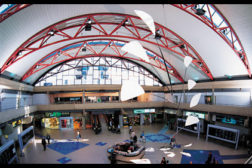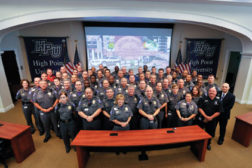Security Leadership and Management
Tracking Your Company’s Employees in 2012
Three Top Challenges to Tracking Travelers Globally
January 10, 2012
Educating Your Employees Before They Go Abroad
Tips for International Business Travelers
October 11, 2011
Sign-up to receive top management & result-driven techniques in the industry.
Join over 20,000+ industry leaders who receive our premium content.
SIGN UP TODAY!Copyright ©2024. All Rights Reserved BNP Media.
Design, CMS, Hosting & Web Development :: ePublishing








